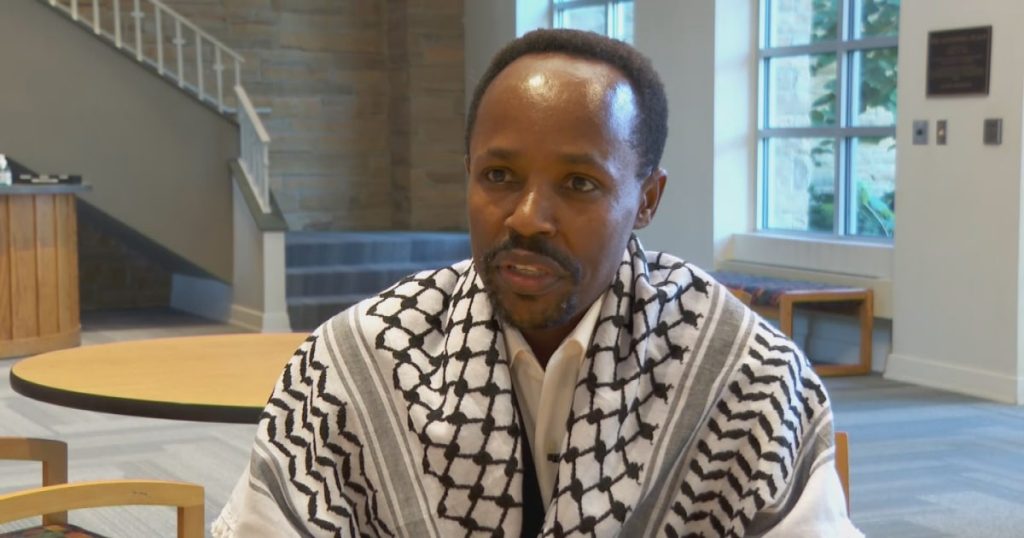Climate change is one of the most pressing issues facing the world today, with experts warning that urgent action is needed to mitigate its impacts. The Earth’s climate is changing rapidly due to human activities such as burning fossil fuels, deforestation, and industrial processes that release greenhouse gases into the atmosphere. These gases trap heat, causing the planet to warm up and leading to consequences such as rising sea levels, extreme weather events, and disruptions to ecosystems.
One of the key contributors to climate change is the burning of fossil fuels, which releases large amounts of carbon dioxide and other greenhouse gases into the atmosphere. These gases trap heat and contribute to the warming of the planet, leading to increased temperatures and changes in weather patterns. To combat this, experts are calling for a transition to renewable energy sources such as solar, wind, and hydro power, which do not produce greenhouse gas emissions and are more sustainable in the long term.
Deforestation is another major factor contributing to climate change, as trees absorb carbon dioxide from the atmosphere and help regulate the Earth’s climate. When forests are cleared for agriculture, logging, or development, this natural carbon sink is lost, leading to an increase in greenhouse gases in the atmosphere. To address this, conservation efforts are needed to protect forests and promote sustainable land use practices that preserve ecosystems and reduce carbon emissions.
The impacts of climate change are already being felt around the world, with rising sea levels threatening coastal communities, extreme weather events causing widespread devastation, and shifts in ecosystems leading to biodiversity loss. These changes are not only affecting the environment, but also human health, food security, and economic stability. Urgent action is needed to adapt to these impacts and mitigate future risks, through measures such as building resilient infrastructure, protecting vulnerable communities, and reducing greenhouse gas emissions.
In addition to mitigation efforts, adaptation strategies are also crucial to addressing the impacts of climate change and building resilience in the face of a changing climate. This includes investing in early warning systems for extreme weather events, implementing measures to protect natural ecosystems and biodiversity, and supporting vulnerable communities to cope with the effects of climate change. Governments, businesses, and individuals all have a role to play in taking action to address climate change and ensure a sustainable future for generations to come.
Overall, climate change poses a significant threat to the planet and requires immediate action to reduce greenhouse gas emissions, protect natural ecosystems, and build resilience to its impacts. By transitioning to renewable energy sources, conserving forests, and implementing adaptation measures, we can work towards a more sustainable future and mitigate the worst effects of climate change. It is essential for global leaders, policymakers, and individuals to come together to address this pressing issue and ensure the health and prosperity of future generations.


